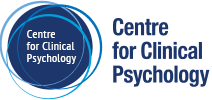Prevalence
It is estimated around 1-3% of women in community samples experience PTSD following childbirth. Amongst high-risk samples, this rate increases to 16 % of women. These were women with a history of trauma, low levels of social support and psychopathology in pregnancy (Grekin & Ohara, 2014)
Diagnosis
For mental health professionals, it is important to make the distinction between PTSD, sub-threshold PTSD and situational distress. A diagnosis of PTSD is made if the person has experienced a life-threatening event, and the following symptoms are present:
- Hyperarousal – feeling constantly on edge for fear of something bad happening (this may include the baby)
- Intrusive symptoms – flashbacks to the birth, nightmares
- Avoidance – of reminders of the birth, reluctance to think or talk about the birth for fear of distress, avoidance of hospitals or appointments, dissociation
- Changes in cognition and mood – may include low mood, guilt, feelings of hopelessness
In Short…..
It is important that clinicians conduct a thorough assessment to differentiate PTSD from postnatal mood or anxiety disorders. It is also extremely important to identify the index trauma, whether it is as a direct result of the birth or is an exacerbation of previous trauma. Just because symptoms of PTSD are observed following birth does not necessarily mean that this is the cause of the symptoms.
It is best practice to treat PTSD using a first line, evidence-based treatment protocol, such as Cognitive Processing Therapy (CPT) for PTSD, EMDR or exposure therapy. Cognitive Processing Therapy is listed in the Australian PTSD Guidelines as having strong support as an effective treatment for PTSD.
At the Centre for Clinical Psychology we have trained over 750 mental health professionals in Cognitive Processing Therapy for PTSD. We Know Trauma Therapy.
If you have had a frightening experience during birth, or you or your baby suffered birth injuries we understand. We have seen many women following these experiences. We can support you adjusting to motherhood and rebuilding your confidence in yourself and your body.
To see one of our perinatal psychologists you can book online www.ccp.net.au/booking/
Or call 03 9077 0122 or email admin@ccp.net.au
Reference:
Grekin R, O’Hara MW. Prevalence and risk factors of postpartum posttraumatic stress disorder: a meta-analysis. Clin Psychol Rev. 2014 Jul;34(5):389-401. doi: 10.1016/j.cpr.2014.05.003. Epub 2014 May 27. PMID: 24952134.






